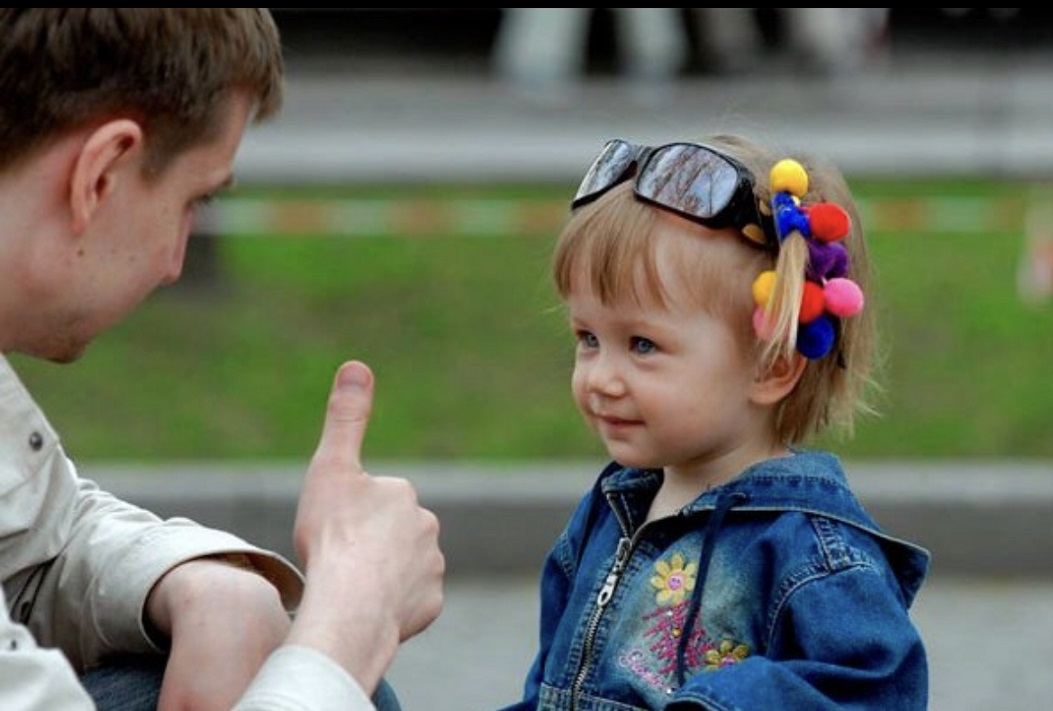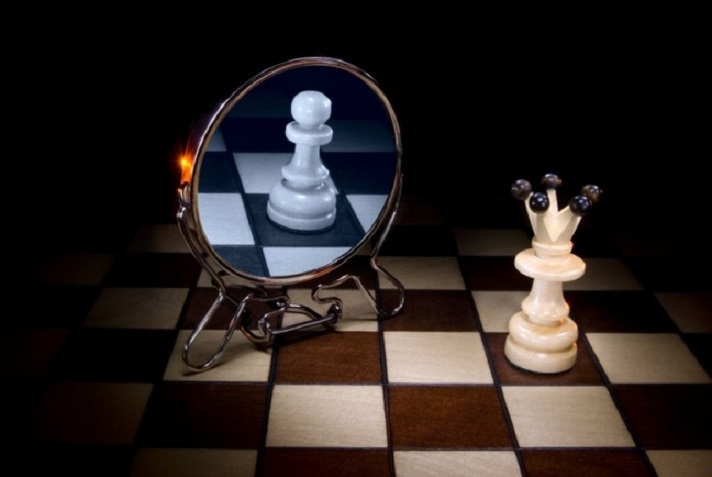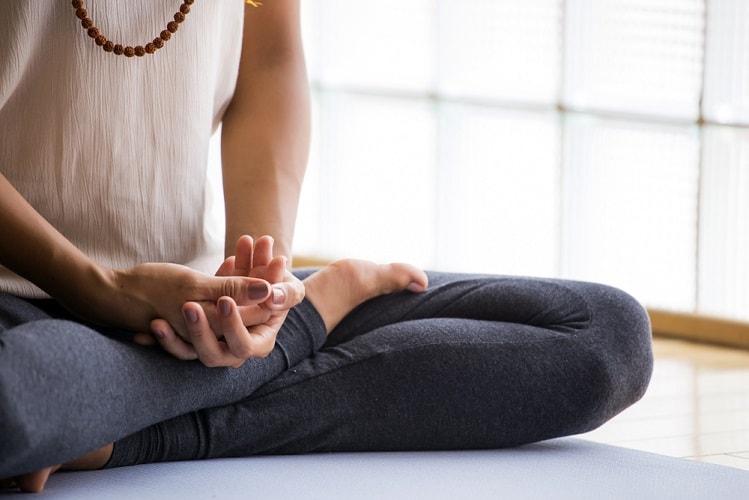“I’m not good enough.”
I hear some form of this from every one of my clients, including my very wealthy and famous clients. Most people will get hit by feelings of unworthiness at certain phases in their lives, and some people struggle with this long term.
There are good reasons for this:
- Most of us had parents who couldn’t see who we really are intrinsically (the qualities we are born with). They projected their own lack of self-worth onto us and judged us by externals—our behavior, looks, and performance.

- This continued in school, where compliance, looks, and performance are often what are rewarded rather than kindness, empathy, compassion, integrity, patience, and so on.

- The media, including social media, continue to support defining ourselves externally by where we live, the clothes we wear, the money we have, and the life “achievements” we hit—a ring on the finger, a child on the hip, and so on.
![]()
- Sports stars, movie stars, and very wealthy people are celebrated, regardless of the kind of people they are.

How often do you feel truly seen, heard, and understood by those people who are close to you?
This is an important question that might bring up strong feelings for you. But often, the true problem at the heart of your feelings of not being good enough is that you are not seeing, hearing, or understanding yourself. You don’t know who you are.
An exercise for tapping into your self-worth.
Grab a piece of paper and pen and allow me to walk you through a visualization and reflection exercise. Take your time with each part of this. 
- Using your imagination, imagine an older, wiser aspect of yourself, like you 100 years from now, and that your older wiser self loves you unconditionally.
- Imagine that you are with your older, wiser self in a beautiful place in nature, sitting on grass, or on a beach, or on a picnic blanket. Take your time to be fully present in this beautiful place, using all your senses to see, feel, hear, and smell nature.
- Imagine that you, as a very small child, are also with you, playing near you and your older wiser self.
- Imagine that you can see you as a small child through the eyes of your older wiser self, who loves you unconditionally.
- Write down what qualities you see in your little child—qualities such as compassion, empathy, kindness, tenderness, loving, sensitivity, warmth, caring, patience, curiosity, playfulness, adventurousness, creativity, and so on. Also write down special gifts you’ve been given, such as musically gifted, artistically gifted, scientifically gifted, gifted in dance or sports, and so on.

Once you have your list of who you really are—and you can continue to add to it as you become aware of your more intrinsic qualities—start to notice these qualities in your everyday life, and comment to your inner child about them. For example, you might say, “Thank you for your empathy and compassion toward your friend,” or “Thank you for your wonderful creativity,” or “Thank you for your sweet sensitivity in this challenging situation.”
The shifts you’ll see.
The more you notice and comment on your intrinsic qualities, the more you will own them and know that these qualities are who you are. Owning your true worth goes a long way toward motivating you to take loving care of yourself, such as eating well, exercising, getting enough sleep, being organized, and speaking up for yourself.
The more you see, love, and value yourself, the less you will be looking for others’ approval and the more you will be able to manifest your dreams. Failure will no longer scare you because you will no longer be attaching your worth to the outcome of your performance.
This is actually what healing is all about. Everything changes for the better when you own and deeply value your intrinsic worth and no longer leave it up to others to define it.
Originally Published: www.mindbodygreen.com

















